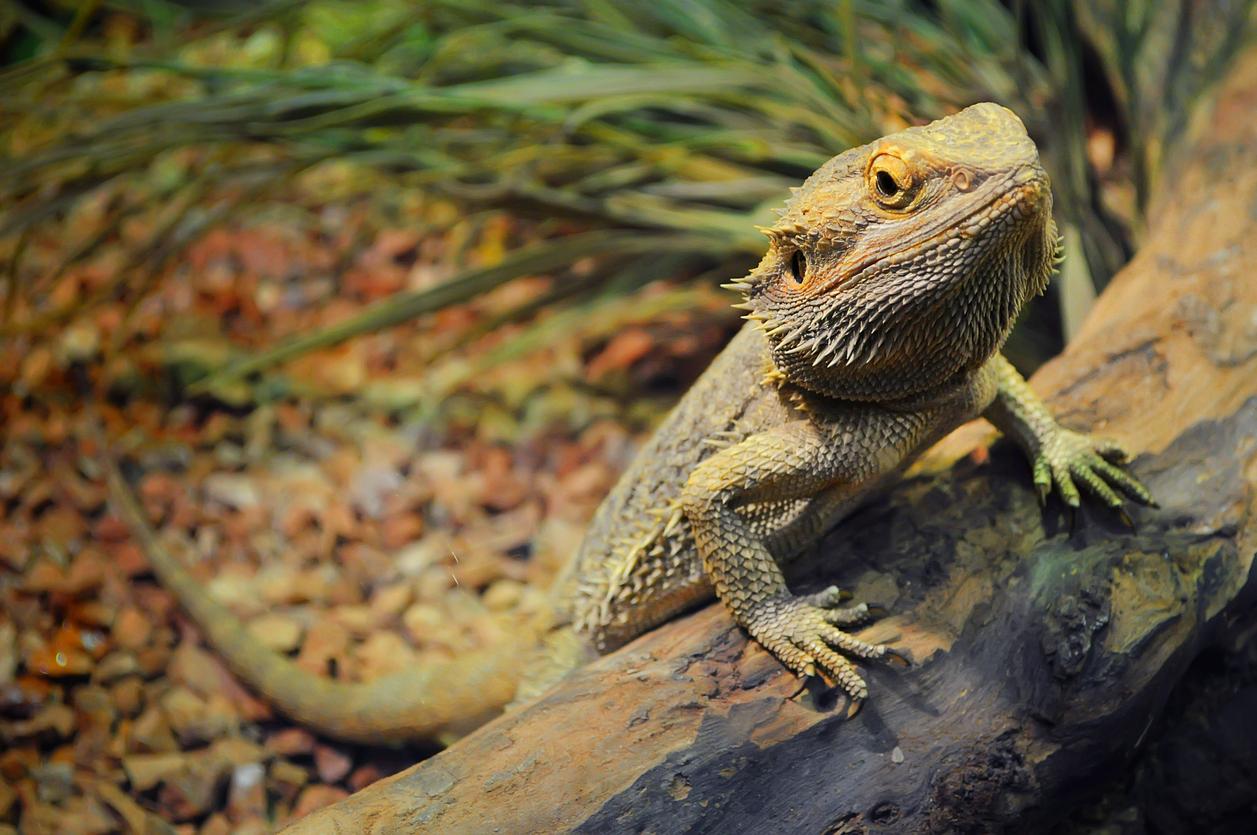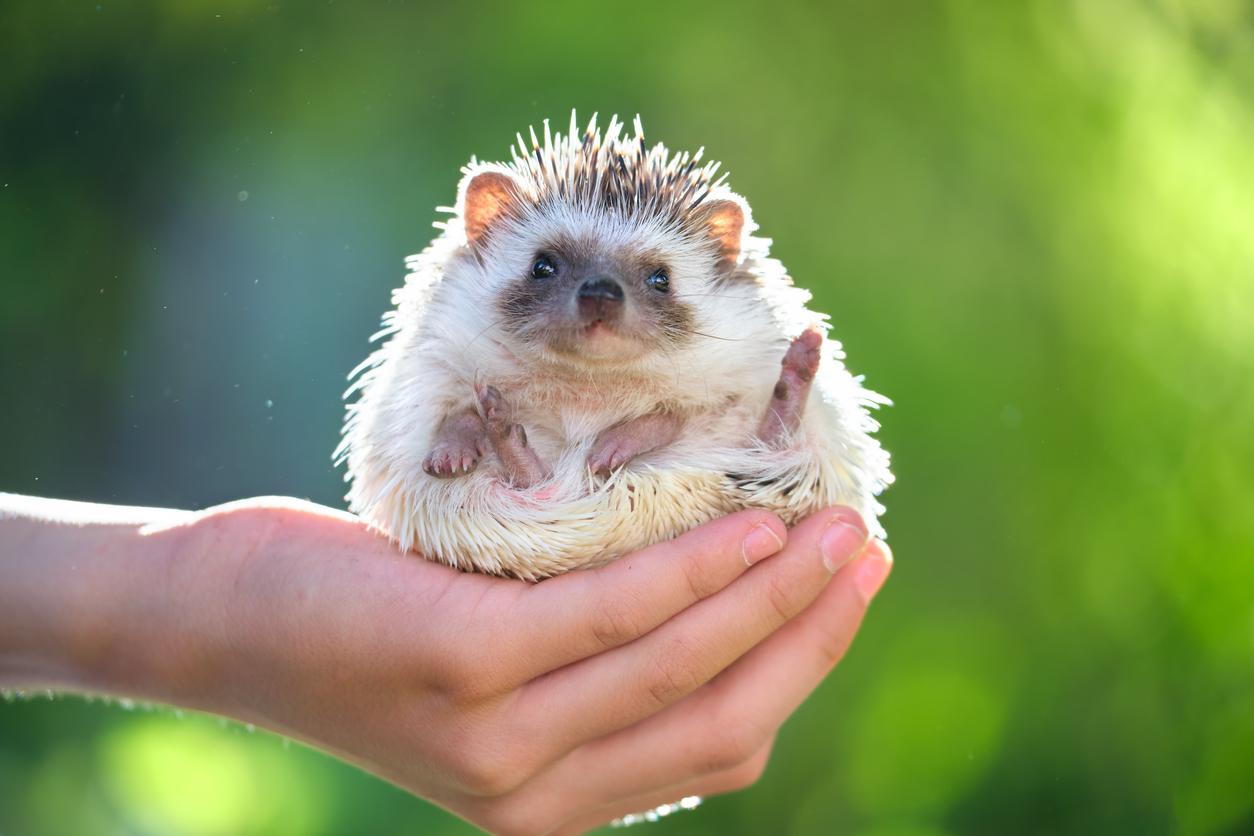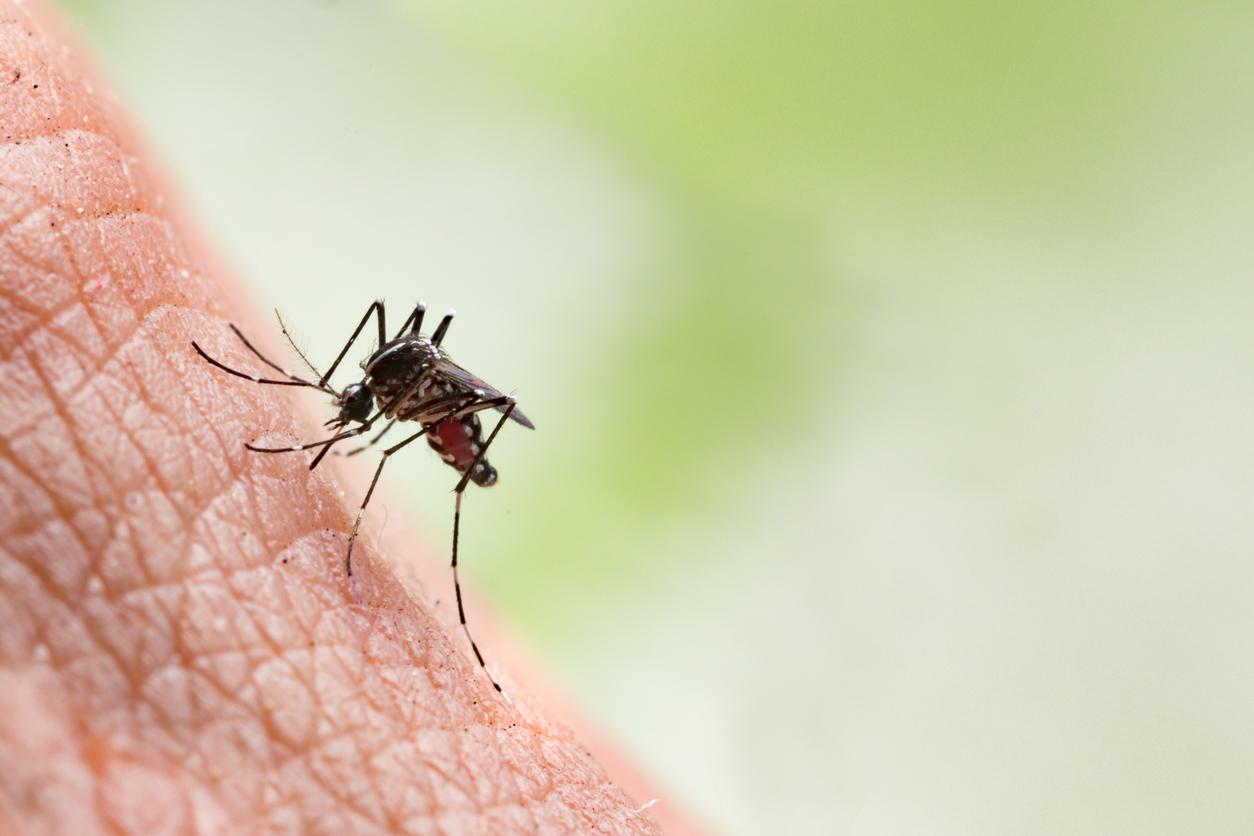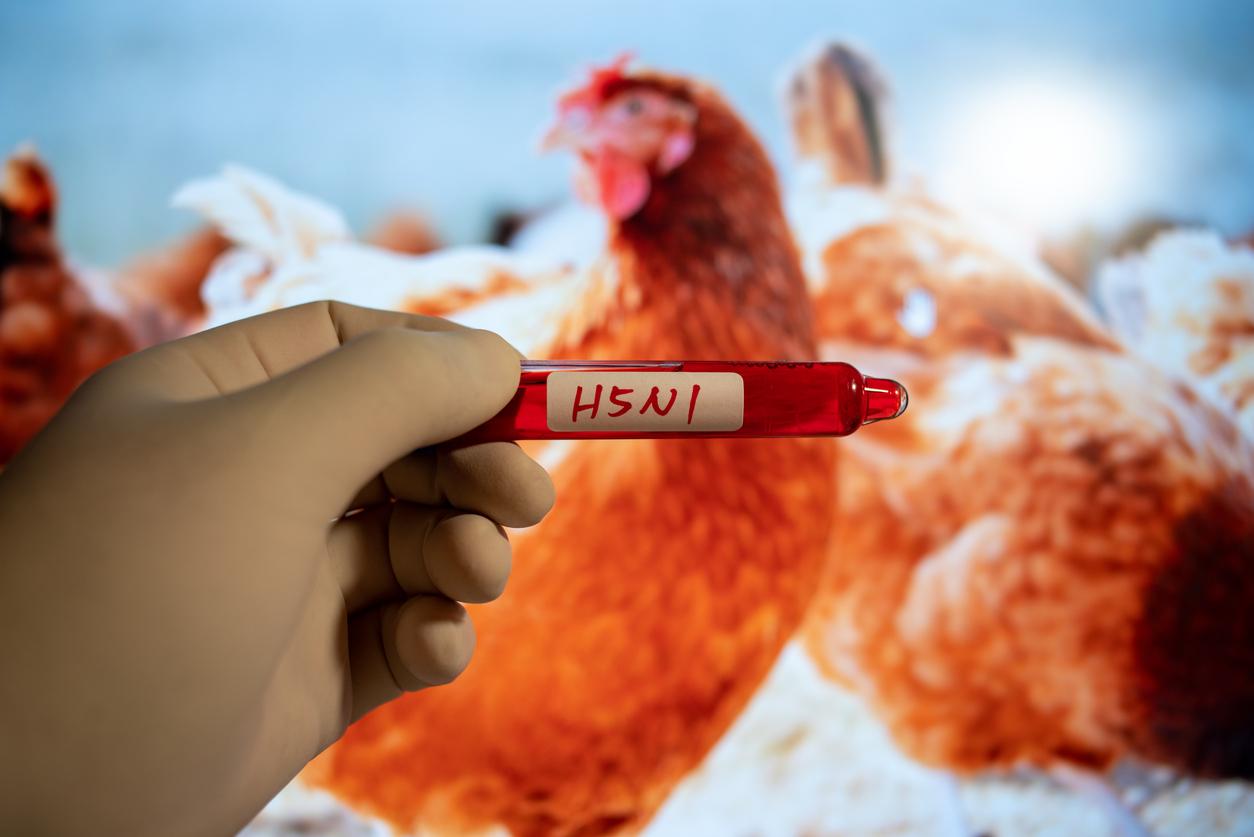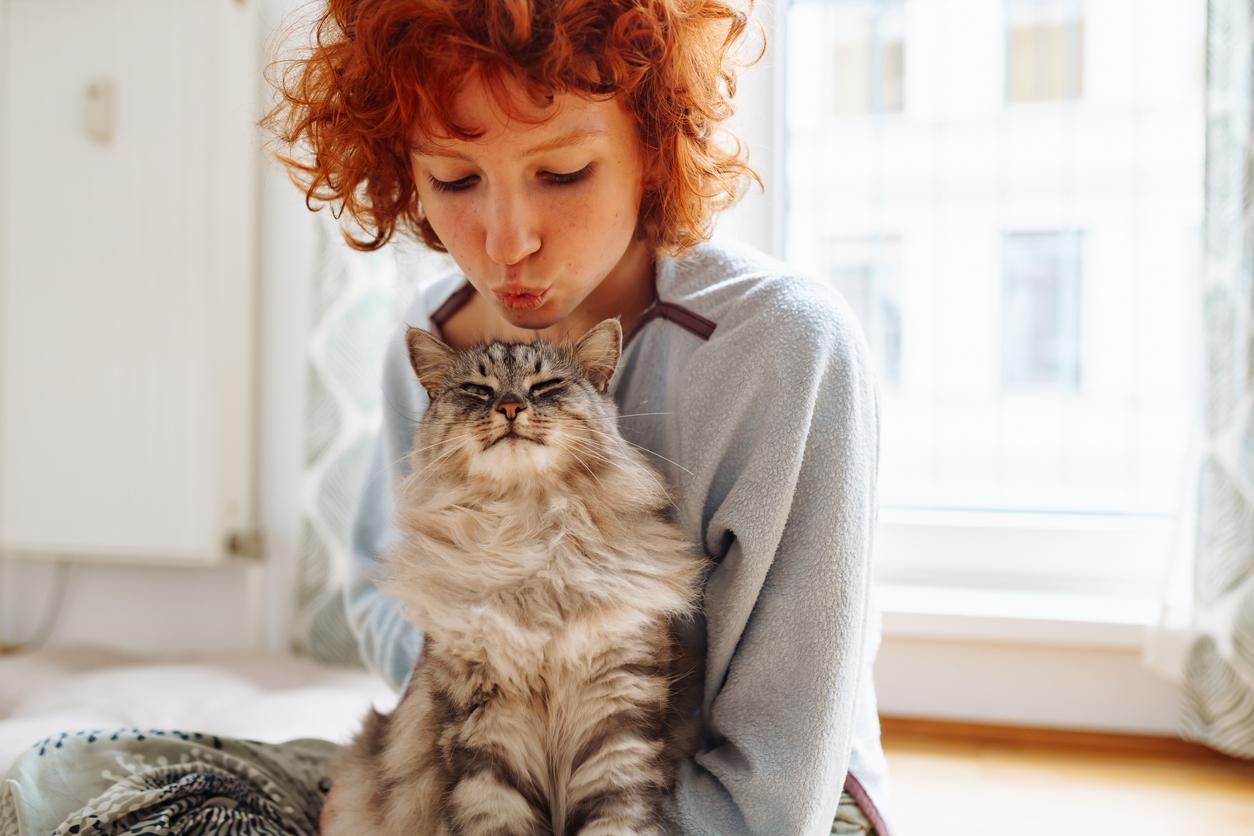A new one University of Guelph study (Canada) suggests that pet owners limit close contact with their pets when they find out they are carriers of covid-19. Indeed, cases of transmission from humans to cats or dogs would be much more frequent than imagined.
The researchers tested the antibodies of 48 cats and 54 dogs whose owners had had covid-19. They found out that 67% (32 of 48) of cats and 43% (23 of 54) of dogs were positive for anti-coronavirus antibodies. “Cats who spend more than 19 hours a day with their owners, including sleeping on their beds, are the most at risk of infection “points out lead author of this study is Dr. Dorothee Bienzle, Professor of Veterinary Pathology at the Ontario Veterinary College.
Mild symptoms in dogs, more severe in cats
Most of the dogs studied only developed mild symptoms, such as a lack of appetite. A quarter of the cats developed Covid-like symptoms like a runny nose or difficulty breathing, and 3 of them developed severe symptoms.
For comparison, the researchers also tested stray cats and resident cats in animal shelters: only 9% of the dogs and cats in the shelter and 3% of the stray cats had positive antibodies, indicating that it was the close contact with their owner that infected the pets.
Cases of myocarditis in cats
The first two cases of infection of domestic cats and dogs with the British variant of SARS-CoV-2 were diagnosed at a veterinary hospital in South East England in March 2021. Surprised to see an unusually large number of ‘pets suffering from myocarditis in their clinic, the veterinarians had further investigated and discovered that many owners of these animals had developed respiratory symptoms of Covid-19, 3 to 6 weeks previously, and that they had tested positive for Covid-19.
“Our results demonstrate for the first time the possibility that pets are infected with the B.1.1.7 variant of covid-19 and raise questions about its effects in animals” said veterinarians on the BioRxiv website.
A few weeks later, it was vets in Glasgow, Scotland who reported, in a study published in the journal Veterinary record, two new cases of transmission of covid-19 from humans to cats. the first was a 4 month old Ragdoll kitten who was taken to the vet with severe breathing difficulties and had to be euthanized. Post-mortem lung samples revealed Sars-CoV-2 infection. The second was a 6 year old Siamese cat who suffered from a runny nose and conjunctivitis. Swab analyzes performed for routine pathogen testing, confirmed a Covid-19 infection.
Can pets transmit the virus?
Given the high transmissibility of the English variant in humans, the question has arisen of the role that pets could potentially play in the outbreak of cases, during the first wave of the epidemic.
“Currently, animal-to-human transmission poses a relatively low risk to public health in areas where human-to-human transmission remains high. However, as human cases decrease, the prospect of transmission between humans. animals as a potential source of reintroduction of Sars-CoV-2 in humans will arise “says Prof. Margaret Hosie, University of Glasgow Virus Research Center. “It is therefore important to better study the infection in animals to find out whether animals affected by covid-19 are likely to play a role in transmission “.
Should domestic animals also be vaccinated?
“Vaccination of domestic animals may be necessary to stop the progression of SARS-CoV-2” say researchers from the University of East Anglia (Great Britain) and from the University of Minnesota, in an article on the evolution and control of new variants of Covid-19 published in the microbiology journal Virulence.
While it has been shown that cats, dogs or even mink can catch covid-190, no transmission to humans has yet been recorded. But the appearance of variants could change the situation. “We must be prepared for any eventuality and it would be logical to develop vaccines for pets, as a precaution” underlines Pr Cock van Oosterhout, main author of the article.
Can cats and dogs transmit covid?
Domestic animals, like wild animals, do not play an active role in the Covid-19 epidemic: this is what the National Health Security Agency (ANSES) affirms in its expertise on the epidemiological role of wild and domestic animals in the maintenance and spread of the virus in France.
While a Spanish study declares that walking your dog increases the probability of contracting Covid-19 by 78%, “the spread of the virus is today the result of human-to-human transmission by the respiratory route” recalls ANSES. In short, it is not your dog who reports (and transmits) the virus from his walk but rather you who will have caught it while talking with another dog walker or simply forgetting to wash your hands.
Cats are susceptible to the virus …
Receptivity to covid-19 is the ability of an animal species to harbor the virus without necessarily developing symptoms. The sensibility is the capacity of the animal species to express clinical signs and / or lesions due to the virus.
Among the most widespread animal species, cats, ferrets and hamsters are both the most receptive and the most sensitive to Covid-19, with intra-species transmission, that is to say between individuals of the same species, proven. “On the other hand, to date, there is no scientific data showing a transmission of SARS-CoV-2 from these animals to another species” underlines the ANSES.
… but dogs don’t show symptoms
Dogs, like rabbits, are receptive to SARS-CoV-2, but their sensitivity remains to be confirmed. “Very few dogs have developed clinical signs in natural condition given the very high levels of exposure to the virus (thousands of people infected with COVID-19 have been in close contact with their dog). tests carried out on contact dogs did not make it possible to demonstrate a transmission of the virus between them “observe the scientists.
In cats as in dogs, the occurrence of natural infections by the coronavirus occurs in a context of high viral pressure, through close contact with their owners affected by COVID-19. ANSES therefore recommends that people affected by COVID-19 “respect barrier actions in order to limit the risk of infection from humans to animals, without compromising their well-being”. In other words, you do not wash your pet with hydroalcoholic gel!
Sources:
- Detection of SARS ‐ CoV ‐ 2 in respiratory samples from cats in the UK associated with human ‐ to‐cat transmission, Veterinary record, April 2021
- Myocarditis in naturally infected pets with the British variant of COVID-19, bioRxiv, March 2021
- COVID-19 evolution during the pandemic – Implications of new SARS-CoV-2 variants on disease control and public health policies, Virulence, January 25, 2021
- ANSES opinion on the possible epidemiological role of certain animal species in the maintenance and spread of the SARS-CoV-2 virus, October 2020
Read also :
- Hydroalcoholic gels: some are dangerous
- Coronavirus: at home, what to clean and with what?











